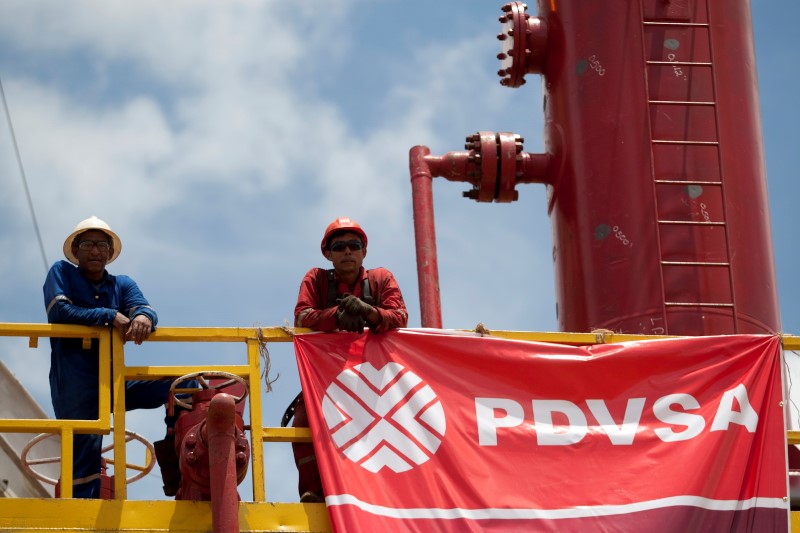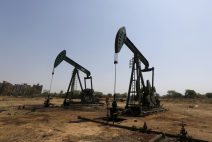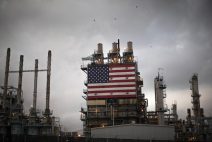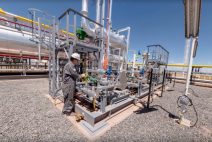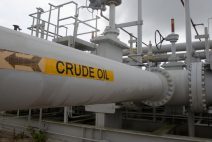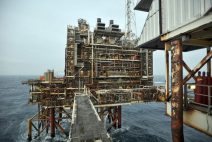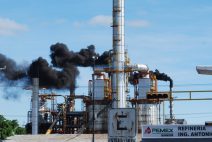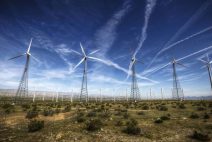Venezuela’s state-run oil company, Petroleos de Venezuela, has restarted gasoline output at the 310,000-barrel-per-day Cardon refinery, according to five people familiar with the matter.
The move will provide partial relief to widespread fuel shortages in the once-prosperous OPEC nation, whose 1.3 million- bpd refining network is mostly halted because of years of underinvestment and lack of maintenance, as U.S. sanctions restrict the country’s ability to import fuel.
Cardon’s reformer is currently producing some 25,000 bpd of gasoline for the internal market by processing naphtha and raising its octane levels, according to the people, most of whom spoke on condition of anonymity. The reformer had been halted for several months due to a lack of naphtha supply.
The company is still working to restart Cardon’s fluid catalytic cracking (FCC) unit, which is also crucial for gasoline production, one of the people said. That unit was halted in July, just days after restarting.
The only other plant producing gasoline in Venezuela is PDVSA’s 146,000-bpd El Palito refinery, whose FCC is producing some 20,000 bpd of gasoline. That is not nearly enough to satisfy domestic demand, leading to sprawling lines outside service stations across the country.
Union leader Ivan Freites told Reuters that the gasoline being produced at Cardon’s reformer had an octane level of 90, whereas most vehicles in Venezuela required gasoline with an octane level of either 91 or 95.
